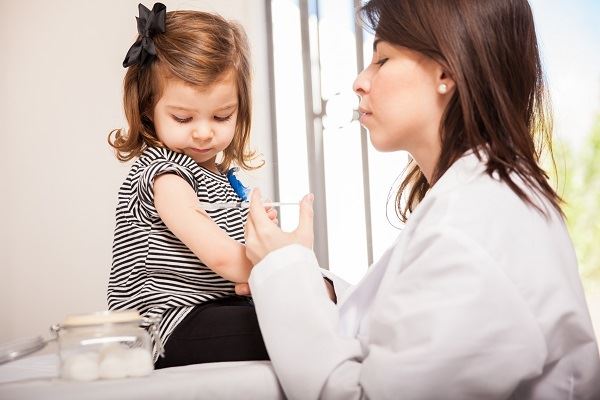![]() Parents work hard to make sure that they make the right decisions for their children. Education, faith, extracurriculars, and medical decisions are just a few of the issues that parents need to review and decide for their children on a regular basis. When parents have separated or divorced, making these decisions can become increasingly complicated, as the parents now need to make these decisions despite the other difficulties in their relationship. One medical decision that the parents will face is whether the children should receive vaccines.
Parents work hard to make sure that they make the right decisions for their children. Education, faith, extracurriculars, and medical decisions are just a few of the issues that parents need to review and decide for their children on a regular basis. When parents have separated or divorced, making these decisions can become increasingly complicated, as the parents now need to make these decisions despite the other difficulties in their relationship. One medical decision that the parents will face is whether the children should receive vaccines.

At the final custody or divorce hearing, the court will make a decision on what is best for the children. Among those decisions is the issue of legal custody. The presumption is that parents share joint legal custody. Legal custody is different from physical custody. Legal custody is the ability and right of a parent to make important decisions for a child, such as where the child goes to school or church and what types of medical procedures a child will undergo. This is clearly relevant for the issue of vaccinations. If one parent has sole legal custody, he or she has the exclusive ability to make the decision about whether the child should be vaccinated and can do so over the objections of the parent who does not have legal custody.
If the parents have joint legal custody, they will need to discuss the issue of whether the children should be vaccinated and which vaccines are appropriate for their children. In the optimal situation, the parents and the child’s physician would come to an agreement about what is best for the child and his or her health. However, there will be some cases where the parents do not agree about what is best. If the parents have joint legal custody, neither parent is able to get the child vaccinated over the objection of the other parent. The parent wanting to have the child vaccinated will need to return to court to ask that the judge enter an order allowing the child to be vaccinated. Both parents will have the opportunity to present evidence to the court about why they each believe that their position is best for the child. This could include the child’s medical history as well as testimony from the child’s medical providers.
We have extensive experience in helping our clients with custody cases, including those involving complicated medical decisions. Contact us today to talk about your children and what we can do to help you protect their best interest.































